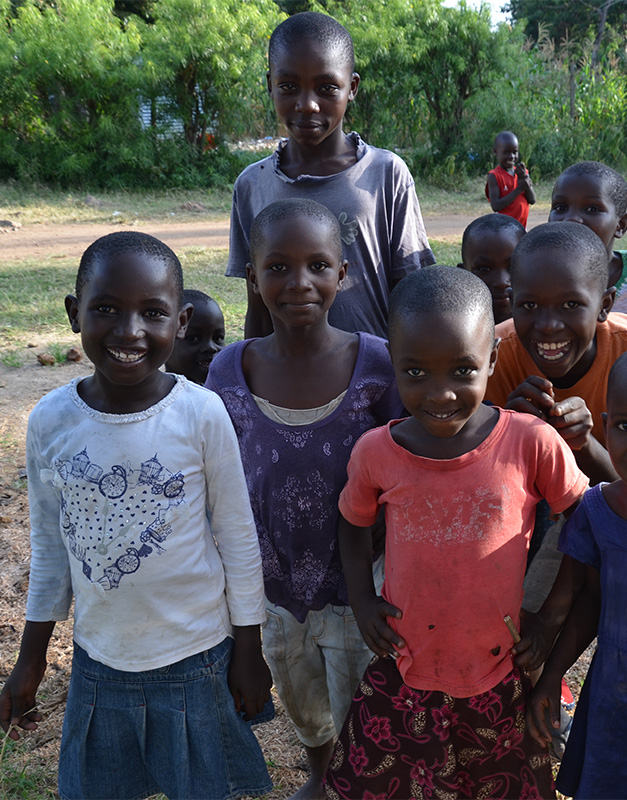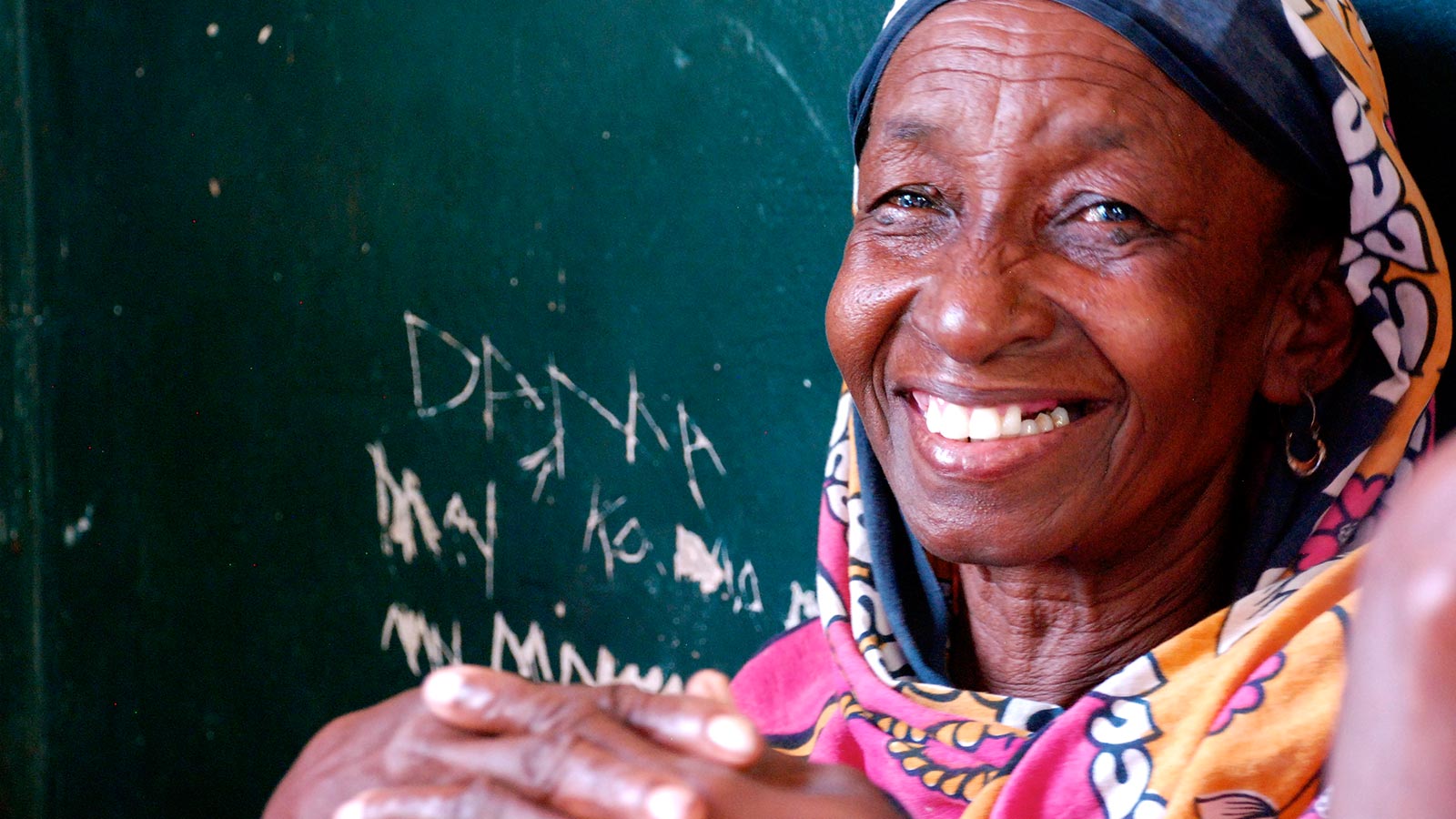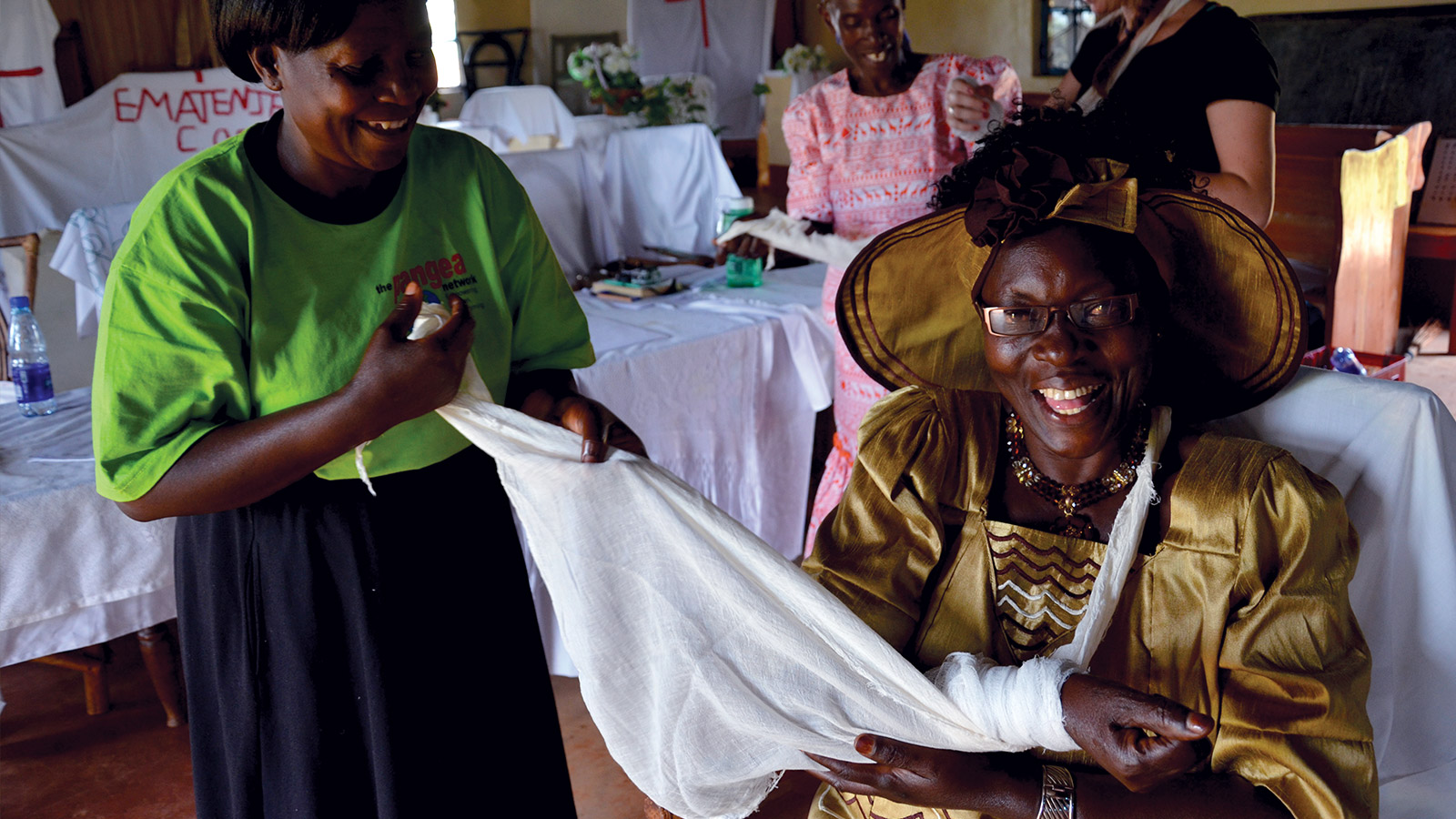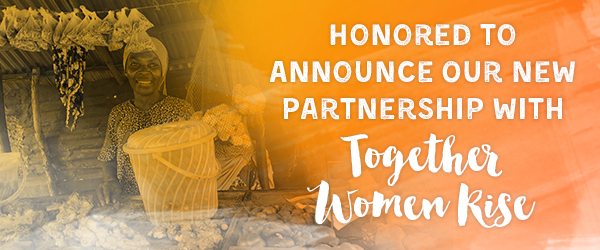How It Works
Our Objectives
Timeline
Why We’re Effective
Pangea has empowered me and my business. I have learned much and bettered myself. I can feed my family and pay my children’s school fees. Now, my grandchildren are in school. I am grateful. I see a good future.
Thank you for giving me this opportunity to study and learn. I want to be a lawyer and help kids like you’ve helped me. All children deserve equal opportunity to learn and an equal chance for a future.
If people see me that knew me before, they would not know me. I’m not like I was before Pangea. Even my children’s lives have changed and I can now pay for school. I am now working so my children can go to college. Pangea has changed my life. Pangea has changed my business. I can stand on my own and I am stable. I can teach my children what I have learned. And for that, I am happy.
Pangea has given me skills to help my community. If I don’t help, who will? We must now give back
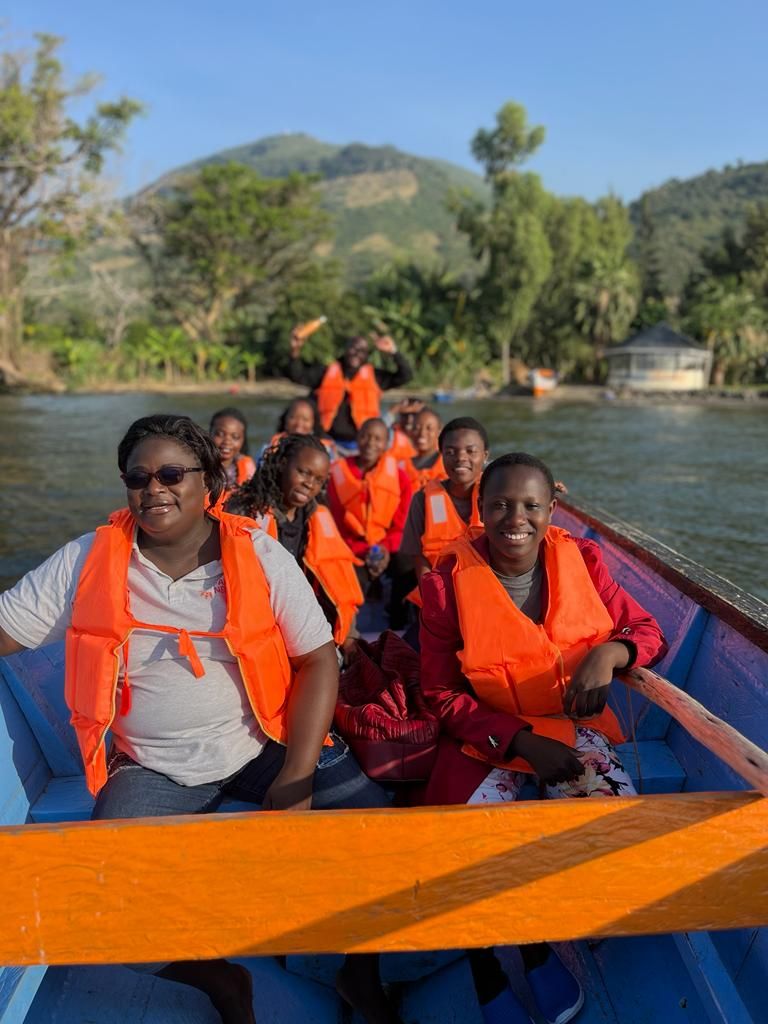
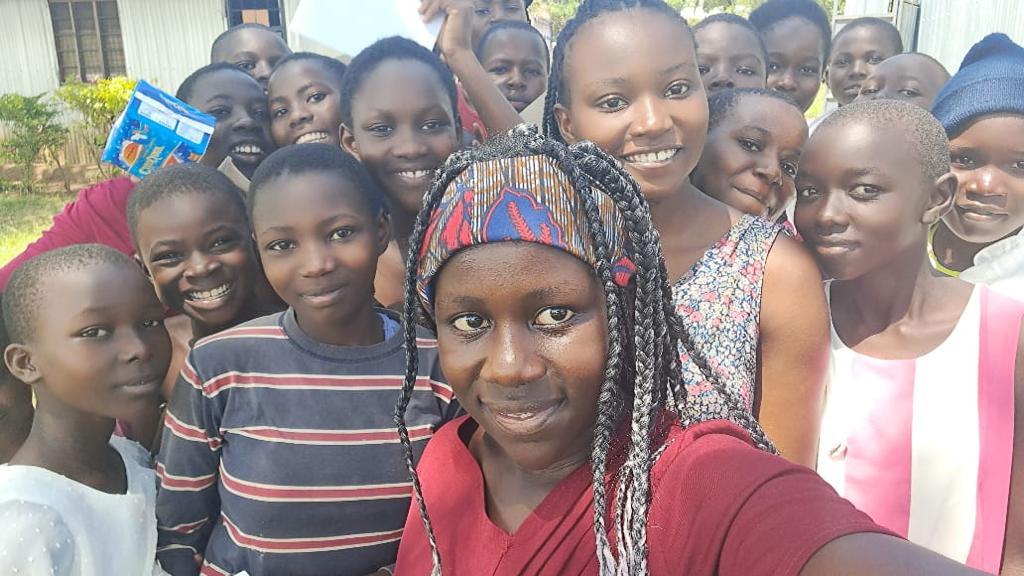
The name TUDAI comes from the Kenyan youth slang word ‘Tubonge’, which means ‘let’s talk’, and ‘uwazi’, which means ‘transparency’. Through TUDAI, we want to encourage girls to have open and honest conversations about their reproductive health, facilitated by community members and peers.
Our goal with TUDAI is not only to educate girls directly about ASRH, but also to bring the topic into the public dialogue. We believe that ASRH is a responsibility that should be taken up and owned by entire communities. By empowering girls to talk about their reproductive health, we hope to create a culture of openness and acceptance around ASRH.
Through TUDAI, we provide girls with access to accurate information and resources related to ASRH, including information on menstrual health and sexually transmitted infections. We also work with community leaders and educators to promote ASRH education and awareness.
Our hope is that through TUDAI, we can empower adolescent girls in Kenya to make informed decisions about their sexual and reproductive health and create a world where ASRH is a priority for all.
Join us in our mission to make ASRH education accessible and equitable for all.
Why is this so important?
In Kenya, high-risk early pregnancy is a major challenge facing our society. Shockingly, in 2014, 15% of girls aged 15-19 had already given birth, and another 3% were pregnant with their first child. This is the highest rate in East Africa, and it’s having a devastating impact on our communities.
When girls become pregnant at such a young age, they are often unable to resume their education. This perpetuates the cycle of poverty, as these girls are more likely to become economically disadvantaged in the future. This, in turn, means that women are underrepresented in influencing careers in their communities, making it difficult for them to have a say in their own futures.
But the impact of early pregnancy is not just economic. Globally, pregnancy and childbirth are the leading causes of death for girls aged between 15 and 19, according to the World Health Organization. This means that young women’s lives are being cut short before they’ve had a chance to reach their full potential.
It’s clear that we need to act now to address this issue. Young women need access to education and resources that will help them make informed decisions about their sexual and reproductive health. By empowering young women with the knowledge and resources they need, we can create a brighter future for our communities and ensure that every girl has the opportunity to reach her full potential.





